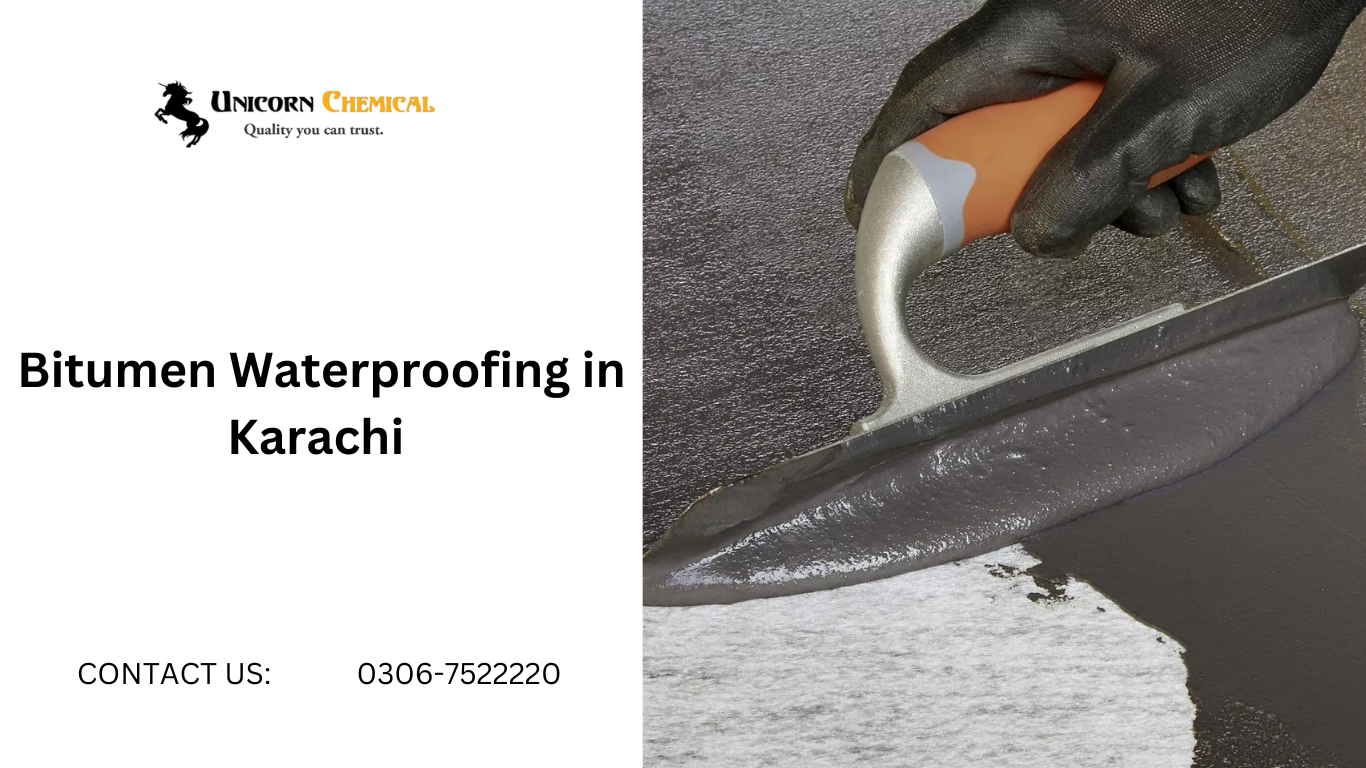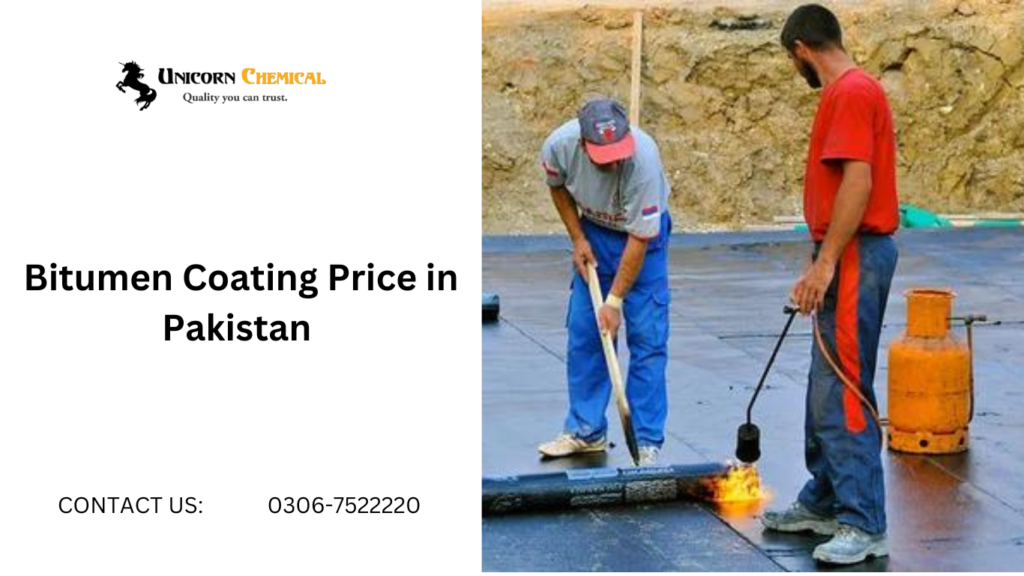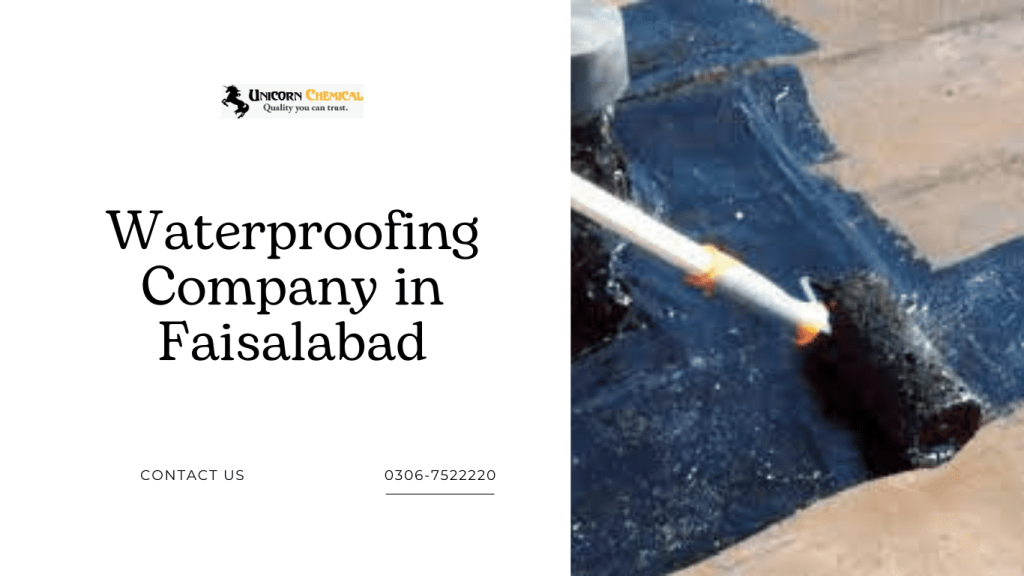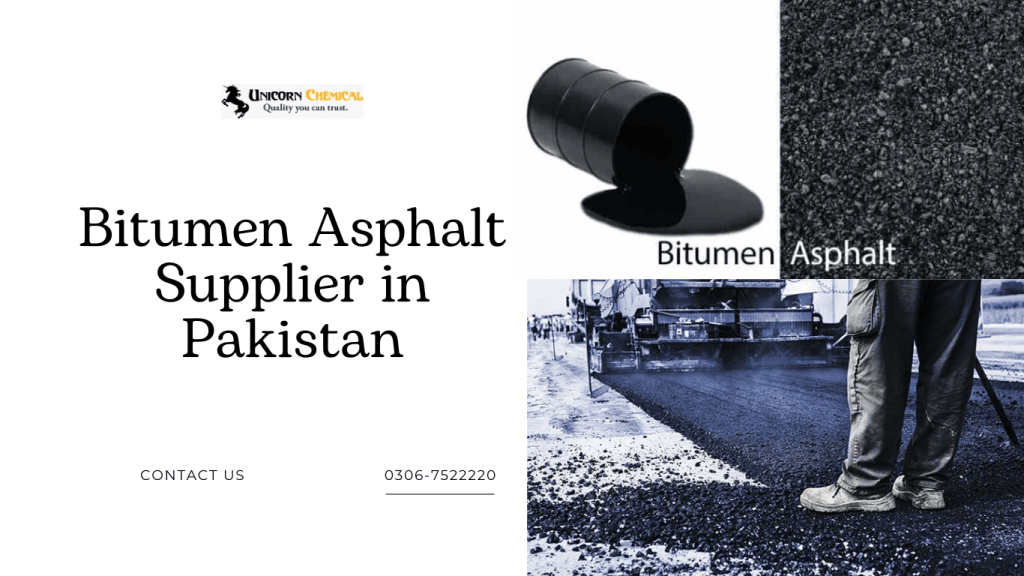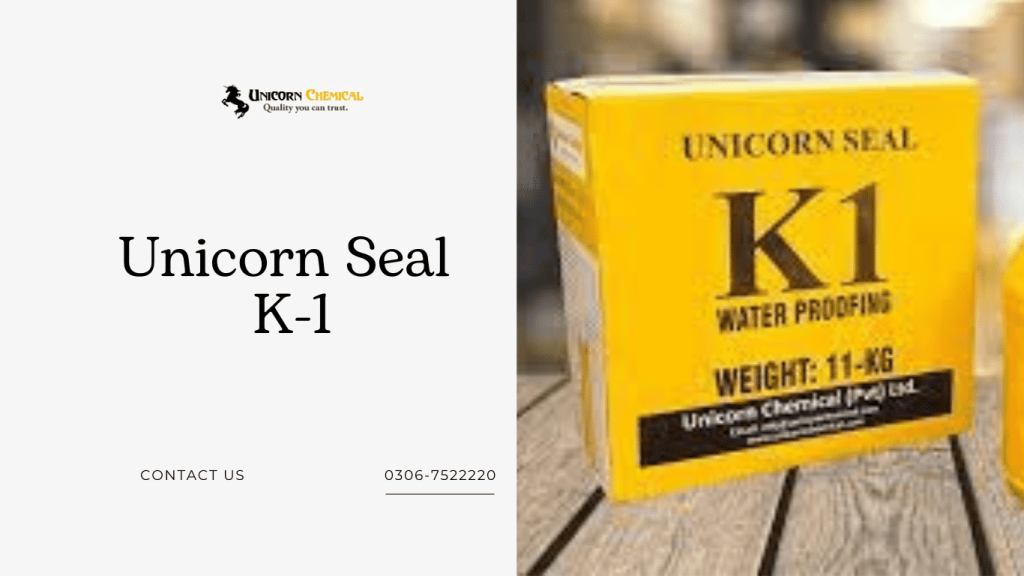Bitumen waterproofing in Karachi
Karachi, Pakistan’s sprawling metropolis on the Arabian Sea coast, annually braces itself for the monsoon season, which brings both relief and challenges. The heavy rainfall during this season often results in water-related issues that can affect the city’s infrastructure and buildings. In this context, bitumen waterproofing emerges as a resilient solution to combat the monsoon’s impact. This article delves into the world of bitumen waterproofing in Karachi, exploring its significance, applications, methods, challenges, and potential for sustainability.
Understanding the Monsoon Challenge
Karachi’s monsoon season, usually spanning from June to August, is characterized by intense rainfall and potential flash floods. This poses significant challenges to the city’s buildings, roads, and other structures, leading to water-related problems that demand effective solutions.
Bitumen Waterproofing: A Strategic Defense
Bitumen waterproofing is a specialized technique that involves the application of bitumen-based coatings or membranes to surfaces. This technique leverages bitumen’s inherent water resistance and adhesive properties to create a barrier that prevents water from penetrating structures.
Applications Across Karachi’s Landscape
Bitumen waterproofing finds versatile applications within Karachi’s urban environment, effectively countering the monsoon’s impact:
- Roofing Resilience: Flat roofs are common in Karachi’s architecture and are susceptible to water accumulation. Bitumen coatings provide seamless protection, preventing rainwater from seeping into the structure and causing damage.
- Basement Shielding: Basements are vulnerable to water seepage during the monsoon. Bitumen waterproofing seals cracks and joints, thwarting water infiltration and preserving the integrity of stored items.
- Concrete Protection: Bitumen membranes shield concrete surfaces from rainwater. This is especially crucial for buildings and bridges, as prolonged exposure to moisture can lead to concrete deterioration.
- Expansion Joint Integrity: Expansion joints, designed to accommodate structural movement, can become points of water entry. Bitumen-based sealants maintain flexibility while preventing water infiltration.
Impact on Structural Longevity
Bitumen waterproofing significantly extends the lifespan of structures by shielding them from water damage. By mitigating risks such as mold growth, corrosion, and material deterioration, this technique reduces maintenance costs and promotes the longevity of buildings and infrastructure.
Challenges and Considerations
While bitumen waterproofing offers numerous benefits, proper execution is vital. Factors such as surface preparation, application techniques, and material quality must be carefully considered. Employing experienced professionals ensures the effectiveness and durability of the waterproofing solution.
Towards Sustainable Waterproofing
As Karachi strives for sustainable urban development, there is an opportunity to integrate eco-friendly practices into bitumen waterproofing:
- Eco-Friendly Additives: Using environmentally friendly additives in bitumen coatings can enhance their performance while minimizing ecological impact.
- Waste Reduction: Exploring methods to reduce waste during the application process can contribute to a more sustainable approach.
Conclusion: Bolstering Karachi’s Resilience
In Karachi’s dynamic urban landscape, where the monsoon’s blessings come hand in hand with challenges, bitumen waterproofing emerges as a linchpin of protection. By erecting a steadfast barrier against water infiltration, this technique fortifies structures against the monsoon’s ferocity. As Karachi continues to evolve, bitumen waterproofing stands as a testament to human ingenuity, a shield that safeguards the city’s built environment from the unpredictable forces of nature.

